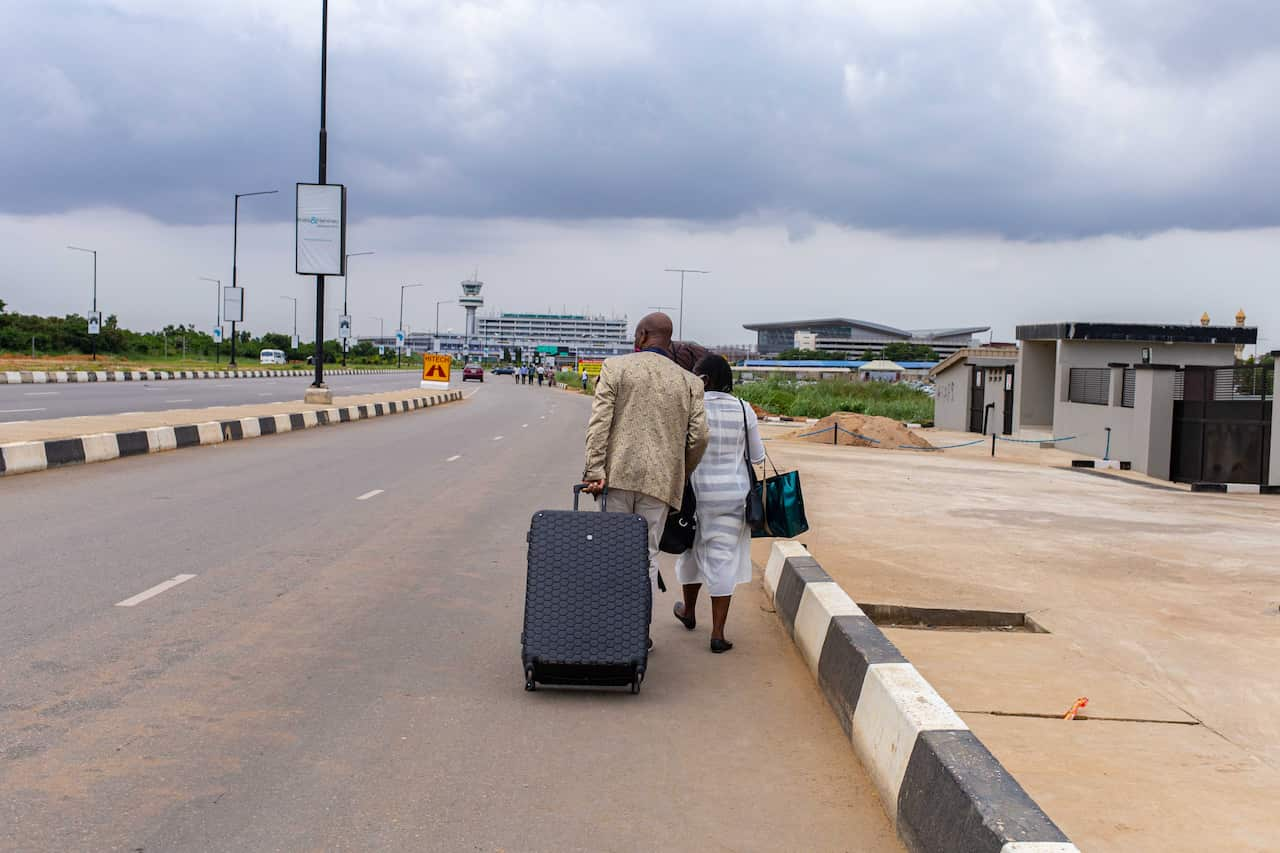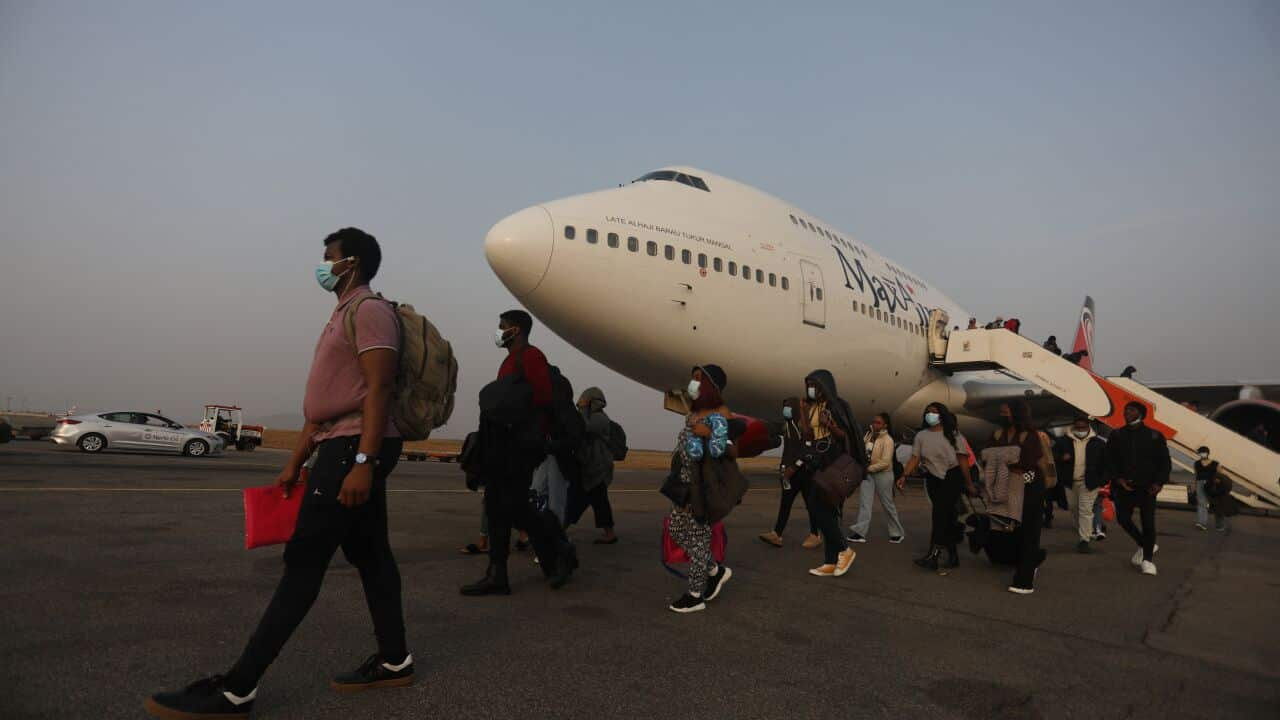Nigerian airlines will suspend all flights from Monday over rising jet fuel prices, an umbrella organisation of operators said on Saturday.
The cost of fuel has soared worldwide since Russia invaded its neighbour Ukraine in February and the West responded by slapping sanctions on Moscow.
The Airline Operators of Nigeria (AON) said the price of jet fuel had jumped from 190 to 700 Nigerian naira per litre (from $0.64 to almost $2.38).
"No airline in the world can absorb this kind of sudden shock from such an astronomical rise over a short period," the AON said.
The group said it would now cost a customer 120,000 naira ($408) for a one-hour flight, a sum unaffordable for Nigerians "already experiencing a lot of difficulties".
The AON, therefore, wished "to regrettably inform the general public that member airlines will discontinue operations nationwide with effect from Monday 9 May, 2022 until further notice," it said.
The aviation ministry responded by urging airlines to "consider the multiplier effect of shutting down operations, on Nigerians and global travellers".

Passengers at the Airport terminal in Lagos. Social media has ridiculed the suggestion from Nigeria's airlines that passengers should find alternate transport when it is 700 kilometres from the capital Abuja to Lagos, the largest city, on dangerous roads. Source: Getty / BENSON IBEABUCHI/AFP via Getty Images
It added it was "concerned with rising consumer feedback that airlines have continued to sell tickets beyond the date announced for the proposed service shutdown."
Social media users made fun of the airlines suggesting customers find alternative means of travel.
"Airlines in Nigeria will shut down their services to passengers from Monday," one tweeted to more than 110,000 followers.
"I hope you can trek from Lagos to Abuja?" they wrote, of the journey of more than 700 kilometres by road between the country's largest city and its capital - one that normally takes just over an hour on an airplane.
"If you use the roads, I hope you have your ransom money?" they added, making light of abductions in other parts of the oil-rich country.
Nigeria produces 1.4 million barrels of crude a day, but it refines little. It relies almost completely on fuel imports, making the local market vulnerable to disruptions.
The rising price of fuel has caused prolonged power blackouts in recent weeks.

